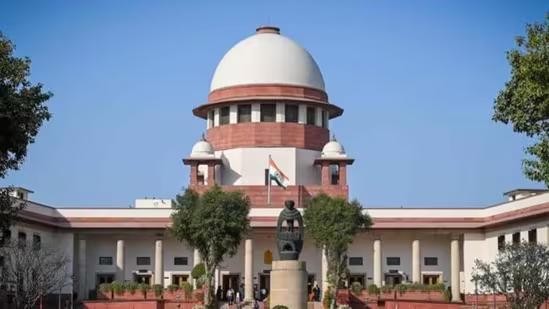
Court Can’t Grant Assent to Bills, Only Guv & Prez Can: Maha to SC
In a significant submission made to the Supreme Court, the Maharashtra government has argued that courts cannot accord assent to bills and that this power is exclusively vested with the Governor and the President. This submission was made by senior advocate Harish Salve, representing Maharashtra, during the hearing of a presidential reference on whether the court could impose timelines for the Governor and President to deal with bills passed by state Assemblies.
The presidential reference was filed by the President of India in 2018, seeking the Supreme Court’s guidance on the interpretation of Article 111 of the Constitution, which deals with the President’s powers in relation to bills passed by the state Assemblies. The reference was triggered by the Maharashtra government’s decision to pass a bill to extend the term of its legislative council, which was rejected by the Governor.
During the hearing, Salve argued that the court cannot usurp the powers of the Governor and the President, as it is the latter who has the authority to accord assent to bills passed by the state Assemblies. He contended that the court’s role is limited to interpreting the Constitution and ensuring that the powers of the Governor and the President are exercised in accordance with the Constitution.
Salve also pointed out that the court’s intervention in the matter would amount to judicial overreach and would undermine the federal structure of the Constitution. He argued that the court’s role is limited to ensuring that the Governor and the President act in good faith and in accordance with the Constitution, rather than usurping their powers.
The Maharashtra government’s submission has significant implications for the functioning of the legislative process in India. If the court were to grant assent to bills, it would amount to a significant departure from the constitutional scheme and would undermine the powers of the Governor and the President.
The court’s decision in this matter will have far-reaching consequences for the functioning of the legislative process in India. If the court were to grant assent to bills, it would create uncertainty and instability in the legislative process, as bills would be subject to the whims of the court rather than the Governor and the President.
On the other hand, if the court were to decline to grant assent to bills, it would create a situation where bills would be stuck in limbo, without any clear mechanism for their passage. This could lead to a situation where important legislation is unable to be passed, which would be detrimental to the functioning of the government and the welfare of the people.
In conclusion, the Maharashtra government’s submission to the Supreme Court highlights the importance of maintaining the separation of powers between the legislative, executive, and judicial branches of government. The court’s decision in this matter will have significant implications for the functioning of the legislative process in India and will require careful consideration of the constitutional implications of its decision.






